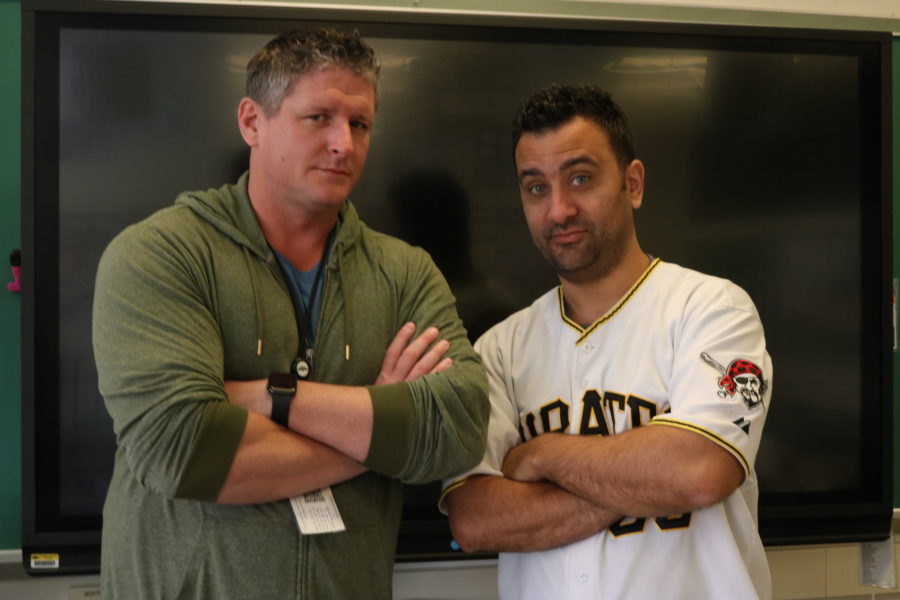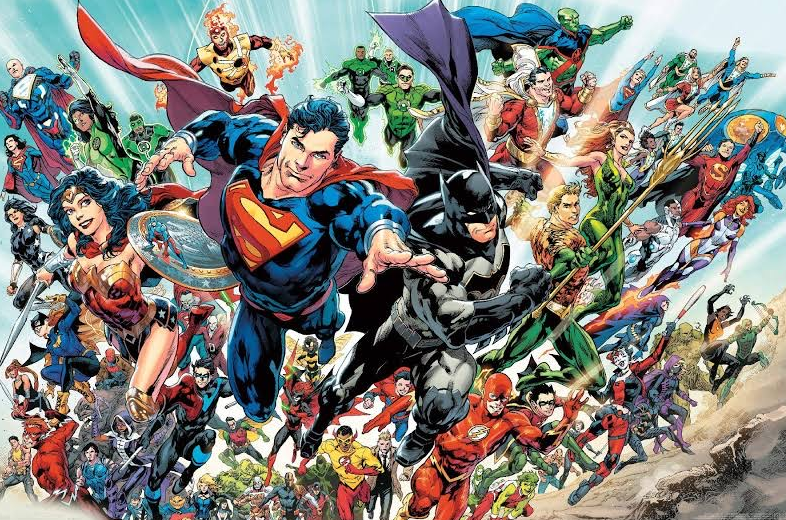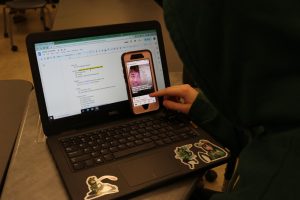Should We Say Goodbye to AI?
April 28, 2023
AI is beginning to take over many aspects of life, including school. The tool consists of various highs and lows that create good discussions and controversy over the new found Artificial Intelligence.
Students may notice some teachers using AI in class environments more recently. For example, Social Studies teacher Conrad Warner chooses to use this intelligence on a day to day basis in various subjects. Being a History and Psychology teacher, Warner has begun to use AI to his own advantage.
Between his two courses, Warner uses AI as a “guide” to help him create everyday lesson plans in order to help him with grading, making worksheets, and finding new ideas. Speaking on behalf of his students as well, Warner says, “It has good guidance, to help you start.” In talking to him, it is obvious Warner sees AI as a very helpful tool, not just for himself, but for his students too.
On the other hand, English teacher Zack Hull has a contradictory perspective on AI. Hull believes that students write and are the strongest they can be when they do work independently, or with one another.
When asked his personal opinion on the intelligence, Hull opens with, “I worry that AI is going to replace human interaction, creativity, thought processes, all of those which make us human.” From this, Hull sees that gift of students perhaps being stripped away because they are vulnerable to this new found AI solution. Overall, the idea of AI’s assistance in the school environment is frowned upon by the English teacher.
Continuing on firmly, Hull states, “I think there is value to humans going through that struggle themselves and not outsourcing what people call meaningful tasks to outside things.”Here, Hull addresses “that struggle” as being the hardships every student feels and knows at school. Undoubtedly, students run into problems with their everyday responsibilities at school, but Hull is arguing that he believes it’s necessary for young individuals to experience this instead of merely turning to an outsourcer. Without that source of control, students risk becoming dependent on AI rather than just using it occasionally for a little assistance.
What seems to be sparking Hull’s opinions is how this continues to take away from teaching students concepts that can possibly help them in their forthcoming independent years. Overall, Hull closes with, “I really, really, really worry about the future of humanity, honestly.”
Even though Hull carries a clear passion for the subject, Warner’s focus is more shifted on the role of AI in education than in the overall human experience.
Warner incorporates AI into his class everyday for himself and his students. He encourages them to use it to start projects and discussions because he believes, “…it is pretty good at analysis if you give it specific criteria.” Warner is adamant that his students can learn a lot from artificial intelligence from this because it helps them gain more awareness of his lessons. He further sees down the road of education, and his own career, that “More content will be able to be learned because we are going to be able to get things out of the way, and how much comparison you are going to be able to do between your answer and that.”
As evidence of his understanding of the significance of intelligence, Warner sees AI as practically a kickstart or push off for education right now and predicts that it will be at its best in the coming years. Another way that Warner views AI is as a tool for establishing a foundation for his students’ ideas. He says he asks his students, “Did it[AI] think of something in its application that you wouldn’t have thought of? Then look at it and ask if it is right.” This shows how Warner’s take on the intelligence, yet again, serves as a helpful aid to students that has never really been available to anyone before.
AI is here to stay and will likely only grow stronger with time, but what is its future role in education and in life?
Both Warner and Hull bring strong arguments to the table, but neither is necessarily right or wrong. Only time will truly tell which opposing viewpoint is correct, but this is what makes AI such an important topic for the future. No one truly knows where it will go, but a goodbye is not expected anytime soon for Artificial Intelligence.













